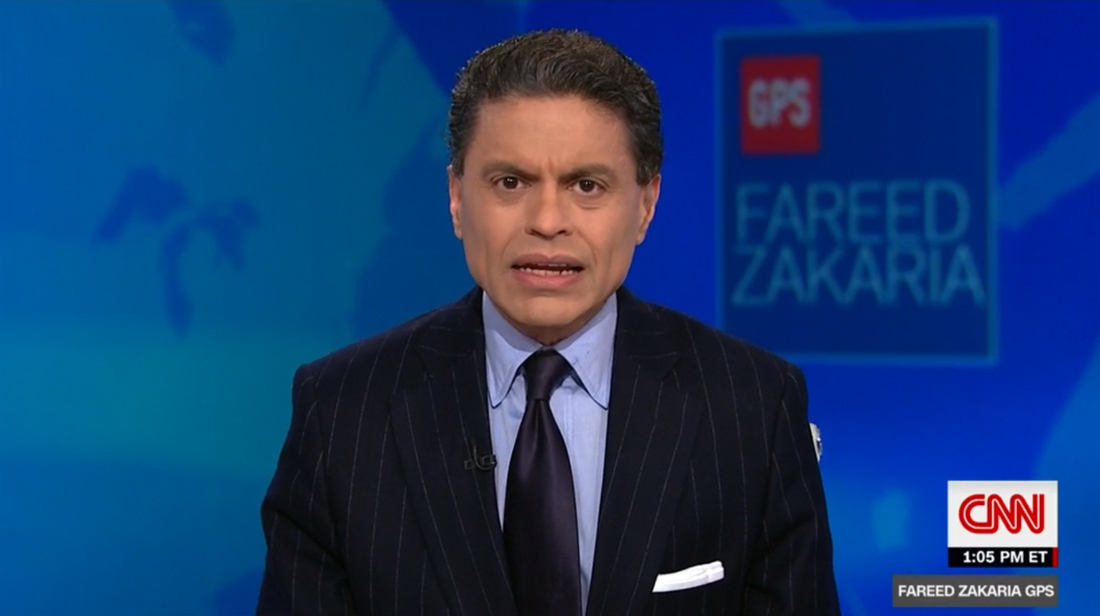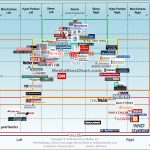How the future of the technology industry could be shaped
The consumer is the product
With the #Internet we all celebrated the advent of the prosumer. The customer became vocal and produced content with low barriers to entry. It was a libertarian dream come true. First of all, Freedom of speech for everybody online. Today we have become rather aware that it was just a mirage. Instead, the consumer has become the product, as Zakaria rightly points out. Therefore, the future of the technology industry could depend on how we resolve this issue. Because a “product” needs to be exploited and controlled to make the bottom line. Unawares, we have become the inexpensive toilers for the big technology industry when we share our 2 cents of content online.

The technology industry that has spawned global giants that control the business needs to change. That is the argument of an interesting op-ed piece by #FareedZakaria broadcast by CNN and titled “Fareed has Warning for US Tech Industry“. But, it is more than just a warning. Because it contains reasonable ideas about the direction of the global technology industry in years to come. Above all a look at how lawmakers are thinking about this.
Social Capital
However, consumers are not just the victims here. It is true that they derive satisfaction and value from their interactions with social media platforms and free services like search. Value comes in the form of social capital, connections and knowledge sharing. Moreover, as Zakaria points out, this equation seems now unbalanced if tech giants misuse their information to manipulate political sentiment. Or even further to transgress the rules of personal privacy. The result may be regulations like the one reached by the EU about data protection.
New business models
In my recent book La Mano Emergente (2017) I pointed to possible new business models that would use crowdsourcing as a means of content production and effective labor contracts. As far as policy making goes, the main issue here remains unresolved. That is, the status of the property of personal data. Therefore, Zakaria also mentions new business models in India that allow citizens to own their personal data and share it with the services they choose. Would such a model become a possible future to recast the business relationships to tech giants? Alas, it remains to be seen. New voices continue to emerge supporting stricter regulation and lower barriers to entry.
Recommended Reading:
- Zakaria, Fareed. The Post-American World. Edition 2.0. W. W. Norton & Co., 2010.
- Lanier, Jaron. You Are Not a Gadget. A Manifesto. Vintage, 2011.
- MacKinnon, Rebecca. Consent of the Networked. The Worldwide Struggle for Internet Freedom. Basic Books, 2013.
- Wu, Tim. The Master Switch. The Rise and Fall of Information Empires. Vintage, 2011.
What do you think?
Please leave a comment, send me an email or subscribe to my mailing list below





